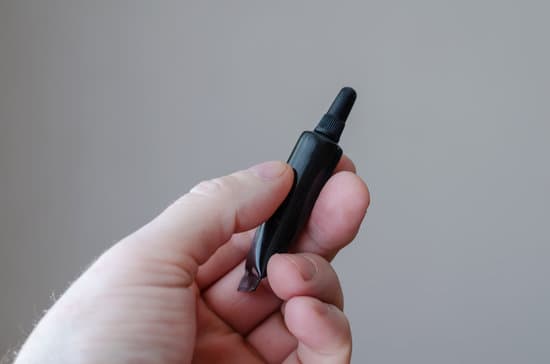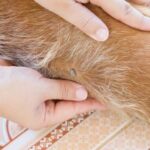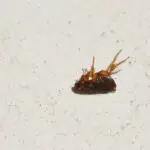Why Do Fleas Take Your Blood?
If you have a pet, you may wonder why fleas would take your blood. Fleas are small, externally wingless insects that infest mammals and birds. Their main diet is blood, which allows them to multiply rapidly. They can lay 20-30 eggs per day. Their mouths are three-part, containing needles that pierce the skin and cut a blood vessel. Fleas feed by sucking blood through these needles. The salivary glands also contain anticoagulant, which helps keep the blood flowing.
Fleas prefer to feed on the blood of a pet, but they can also feed on humans. Their mouthparts are designed for piercing the skin, so they can reach blood vessels. It is this piercing action that allows them to feed on humans. Human blood contains proteins that the fleas need to grow and survive.
Flea eggs lay their first egg after an adult female flea feeds on her new host. After this first feeding, the adult flea instinctually lays a cluster of eggs. The blood is important to the fledgling fleas because it provides them with the energy they need for reproduction.
Flea bites may cause the skin to swell and cause pain in the chest, abdomen, joints, and muscles. In some cases, the fleas may also leave small, discolored blisters or pimples on the skin. Flea bites can also spread diseases, as they can carry parasites and a variety of diseases. If you find a flea bite, you should get rid of it as soon as possible.








